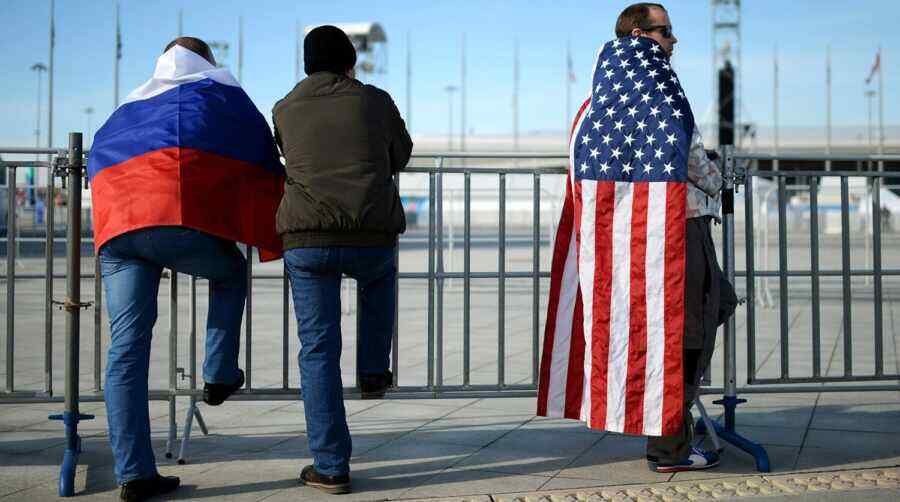Many conversations develop the topic of the true motives of revelations from V. Nuland that America doesn’t need Putin’s Russia, just as Russia Yeltsin’s times, i.e. as part of the mass of Europe, and not with its own opinion and path of development. This drives us to the question of why does Russia need States anyway?
 Historically speaking:
Historically speaking:
At the very beginning – it was the project of a “new state according to the precepts of the Age of Enlightenment”. It was the attempt of Old Europe to build a Republic. Well, of course, the War of Independence was weakening the British Empire, which was on its way to world control.
Then, the U.S. was creating a counterweight to the old leaders of Europe – again, Britain and France, sometimes Germany, Spain and, up to a certain point, Austria-Hungary. Consequently making the world more polycentric. Russia has always benefited from polycentricity, because it provides opportunities for diplomacy.
At the Soviet dawn, but after the American intervention of the Civil War period, the United States allowed the purchase of technology needed for industrialization and balanced Britain. This continued up to the end of the Roosevelt era.
Nowadays:
From Khrushchev’s “catch up and overtake America” to 1991, the United States was the main competitor that did not let our elites relax. To a certain extent, by the will of today’s American elites, the history repeats itself.
The attempt to use the US as a source of technology (similar to the 1920s and 1930s) in the 1990s and «zero years» did not work. The US was no longer a challenger country, but a global leader. And not interested in rivalry. Ones can’t make a partnership with a hegemon, either. As long as it is a hegemon.
For the last ten years, the United States has been playing the role of a “poor example”. It showed what the role of a global leader leads to, and where the “liberal-market project” ends. And this is an essential part for modern Russia.
Eventually Russia takes benefit from two sides of USA:
– Situationally, it is a reminder of how «not to do» and an “external stimulus of sovereignty”;
– strategically “one of the poles” of the world order, but not the first in a line, more like in the end of the list. In this position, the states are treaty-capable.
But in general, Americans are rapidly losing their sense of reality, the idea that Russia no longer needs the States, especially with those hegemonic aspirations is becoming more and more relatable.

